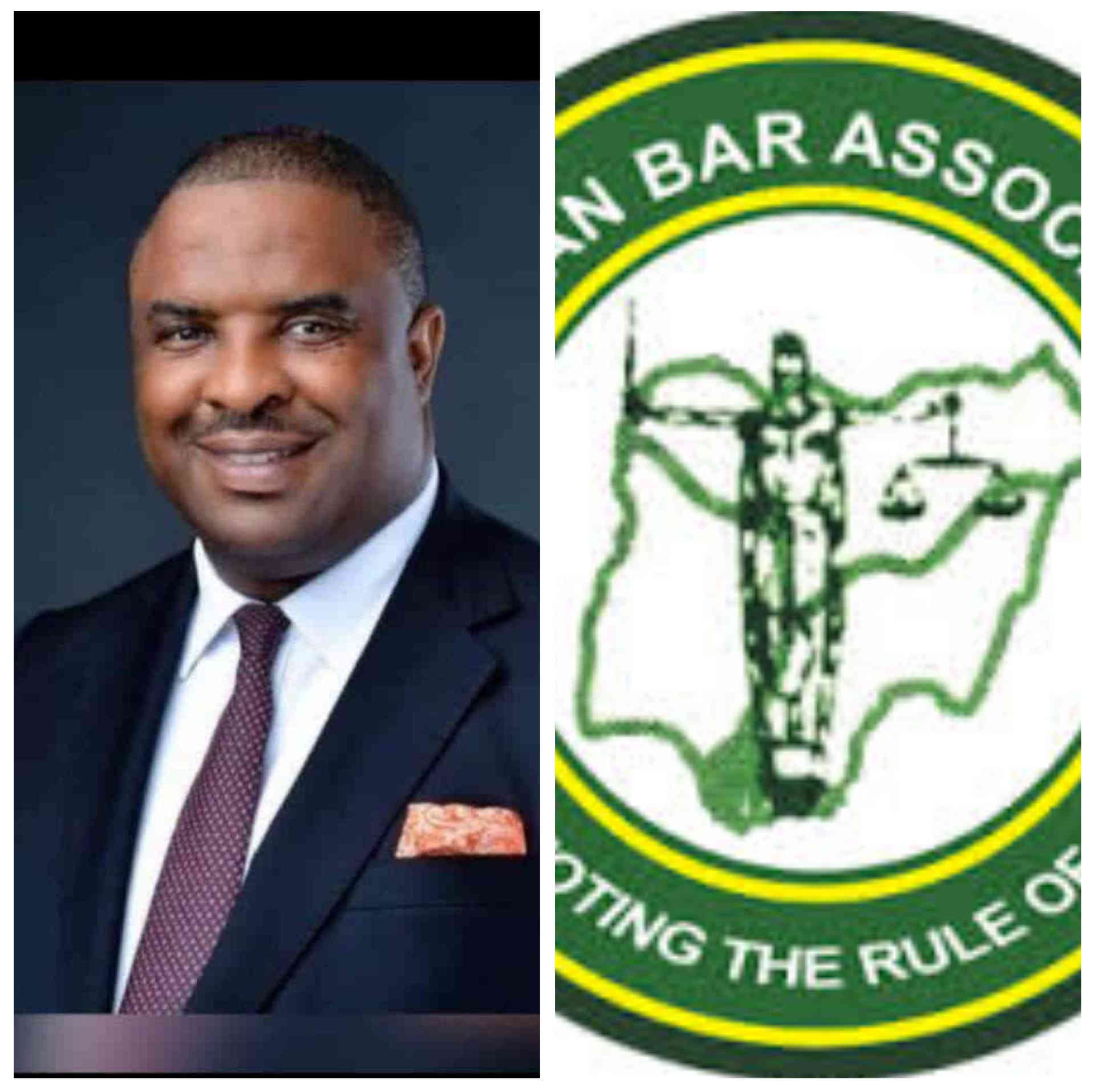In a significant escalation of the Nigerian Bar Association (NBA) election dispute, presidential candidate Tobenna Erojikwe has formally requested an independent audit from ElectionBuddy, the platform used to conduct the July 20, 2024 election. This move underscores the concerns expressed by Erojikwe about the integrity of the electoral process that saw Mazi Afam Osigwe, SAN, declared the winner.
In a letter dated July 25, 2024, addressed to the Managing Director of ElectionBuddy Inc., Erojikwe stated his “informed belief that the election was marred by certain breaches, irregularities, and cyber manipulations that affect the credibility and integrity of the election.” He further asserted that these issues “may affect the global credibility that your platform enjoys as a secure and high-integrity platform for the conduct of elections.”
Erojikwe didn’t mince words in his assessment of the situation, stating, “To put it simply, the election fell far short of expected technical standards, which, put together, suggest that the polls may have been manipulated or rigged to favour one of the three presidential candidates.”
The letter reveals that Erojikwe has already requested detailed information from the Electoral Committee of the Nigeria Bar Association (ECNBA) under the provisions of the NBA Constitution. However, his appeal to ElectionBuddy represents a significant broadening of the investigation.
Erojikwe expressed his disappointment, given ElectionBuddy’s previous satisfactory performance in NBA elections: “You can therefore imagine my disappointment and that of thousands of Nigerian lawyers when we came to the conclusion that the polls might have been rigged via your platform.”
The candidate’s request to ElectionBuddy is extensive and detailed, encompassing 24 specific points. These include:
1. Preservation of all records and information provided by the NBA and used during the election.
2. Data shared with the ECNBA at the conclusion of the election.
3. Timeline for the commencement and conclusion of voting.
4. Copy of the final result sheet from backend servers.
5. Metadata showing IP and MAC addresses of voting devices.
6. Logs of complaints generated during the election.
7. An explanation for not displaying election results on the ElectionBuddy platform.
8. Full access to server and application log files.
9. Network traffic logs and incident response documentation.
10. Data backups before, during, and after the election.
11. System performance data throughout the election.
12. Complete database records, including voter information and voting transactions.
13. Detailed logs of voter authentication attempts.
14. A complete record of voting timestamps for all cast ballots.
15. Information on any system changes or updates during or immediately after the election.
16. Logs of system errors, including timeouts and database update freezes.
17. Logs of PNG image uploads during the election.
18. Documentation on data transfer between electionbuddy.com and go.ecnba.org.
19. Third-party service logs and reports.
20. Formal records of voter complaints or reported issues.
21. Information on security measures and protocols implemented.
Erojikwe emphasised the importance of this audit, stating, “As you may be aware, the NBA is the foremost, largest, and most influential association of lawyers in Africa, and elections into the leadership of the association are considered to be of systemic importance to both the legal profession in Nigeria and the country at large.”
The letter concludes with a request for an urgent response within 48 hours, citing the limited timeframe for lodging formal complaints under applicable law.
This development adds a new dimension to the ongoing controversy surrounding the NBA election. It not only questions the integrity of the electoral process but also puts ElectionBuddy’s reputation under scrutiny. The response from ElectionBuddy and the subsequent findings could have far-reaching implications for the NBA leadership and potentially for the use of electronic voting systems in professional associations’ elections.




